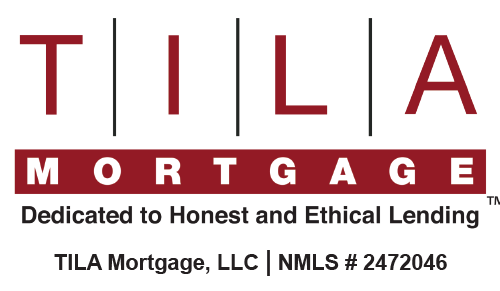Two of the major factors that lure millions of Americans to refinance their mortgages are the current low-interest rates and the prospect of saving loads of money.
However, just like most things in the loan and mortgage industry, it’s not quite that simple. Although a refinance could lower the amount of your monthly payments, depending on the terms of your new loan it could also mean that it will take you longer to pay off your debt.
Before making any large financial decision, it’s important to have a good grasp of the risks and rewards, and to evaluate your individual goals and financial circumstances thoroughly. Here are some things to keep in mind when considering whether a refinance is right for you:
Home Equity
Your home equity is the difference between what your home is worth and what you owe on it. You need a solid understanding of your equity before deciding to refinance.
If your home equity is low, it will be difficult – perhaps even impossible – to refinance through conventional means. You may be better served by looking into government loan programs.
If you have equity of at least 5 to 15 percent you will have good chances of qualifying for traditional refinancing programs.
Credit Score
Your credit score is a number that indicates how likely you are to repay your loan. The higher your score, the more likely the lenders will see you as a low risk of default and the higher the chance that you will be approved for a refinance.
A credit score of 720 or more can help you qualify for a lower interest rate. If you have a low credit score, you might be able to refinance your home loan but you will likely have to pay higher interest rates, increasing your overall costs and decreasing the financial benefit of refinancing.
Debt-to-Income Ratio
In addition to your credit score, lenders are always considering debt-to-income ratios. Generally, lenders want to ensure that your monthly debt payments are less than 30 percent of your monthly income. If they are higher, it may be a good idea to pay off at least some amount of debt before you look into refinancing.
Costs of Refinancing
Generally, fees and cost amount to about 1 to 3 percent of the total loan amount.
If you have good home equity, you may be able to have these costs incorporated into your new loan. Sometimes, lenders offer a ‘no-cost’ refinance plan. This typically means that while you won’t have to pay up-front closing costs, you can expect to receive a slightly higher interest rate instead.
Check with your lender about your refinance options and the costs associated with each of them.
Break-Even Point
A break-even point is a point when your monthly mortgage savings equal the added costs incurred by refinancing. Sometimes you’ll reach your break-even point in six months, while other times it may take two years or more. If you plan to relocate before you will break even, it may not be financially wise to refinance.
TILA Mortgage is one of the leading mortgage companies in Seattle. With a team of experienced financial experts ready to serve you, the company helps homeowners with everything related to refinancing home loans and more. Contact them to see how they can help you take advantage of today’s near-historic low rates, save money each month, or pay off your mortgage faster. They’re ready to help today!




